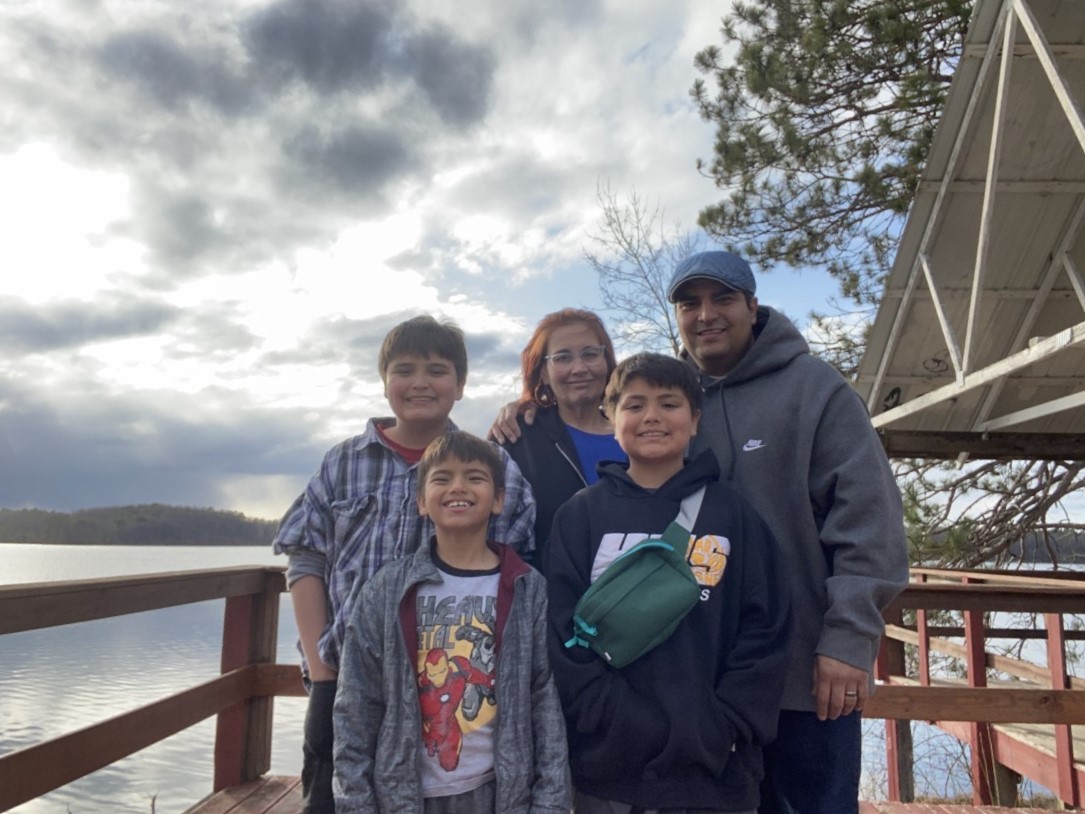By Arin Davis and Jeri D’Angiolella
Six students will graduate from Lac Courte Oreilles Ojibwe University’s Anaji-bimaadiziwin “A Changed Life” Program (LCOOU GED/HSED program), helping them to improve their chances to find work, increase their earnings, and pursue additional education through technical colleges, universities, or training programs. Maintaining a tuition-free GED/HSED program is a goal for LCOOU as it continues to grow and give back to the community it serves, and grants from the American Indian College Fund help it to do so through test-based general educational development (GED) and competency-based High School Equivalency Degree (HSED) programs to both Native and non-Native students in Wisconsin.
LCOOU works in partnership with the Wisconsin Department of Public Instruction to maintain credentials as a vital test preparation, instruction, and testing center. The university also works in partnership and has educational outreach sites with several Ojibwe Bands of Lake Superior including the Red Cliff, Bad River, and the Lac du Flambeau tribes.
Jeri D’Angiolella is one adult student succeeding in the university’s HSED program. She is an enrolled member of the Lac Courte Oreilles (Band of Lake Superior Chippewa Indians of Wisconsin) and is committed to serving the youth of the LCO community. Jeri and her husband Dominic and kids, Dominic, Gabe, and Santino moved to LCO from Las Vegas, Nevada in 2017. They have immersed themselves in the Ojibwe community, which has wholeheartedly supported her ambitions to work in the early childhood field at LCO Tribal Head Start program. LCOOU has provided Jeri the opportunity to pursue her HSED, which will allow her to advance her career, and ultimately develop her skills to pursue her dream of serving and supporting Native children and youth.








